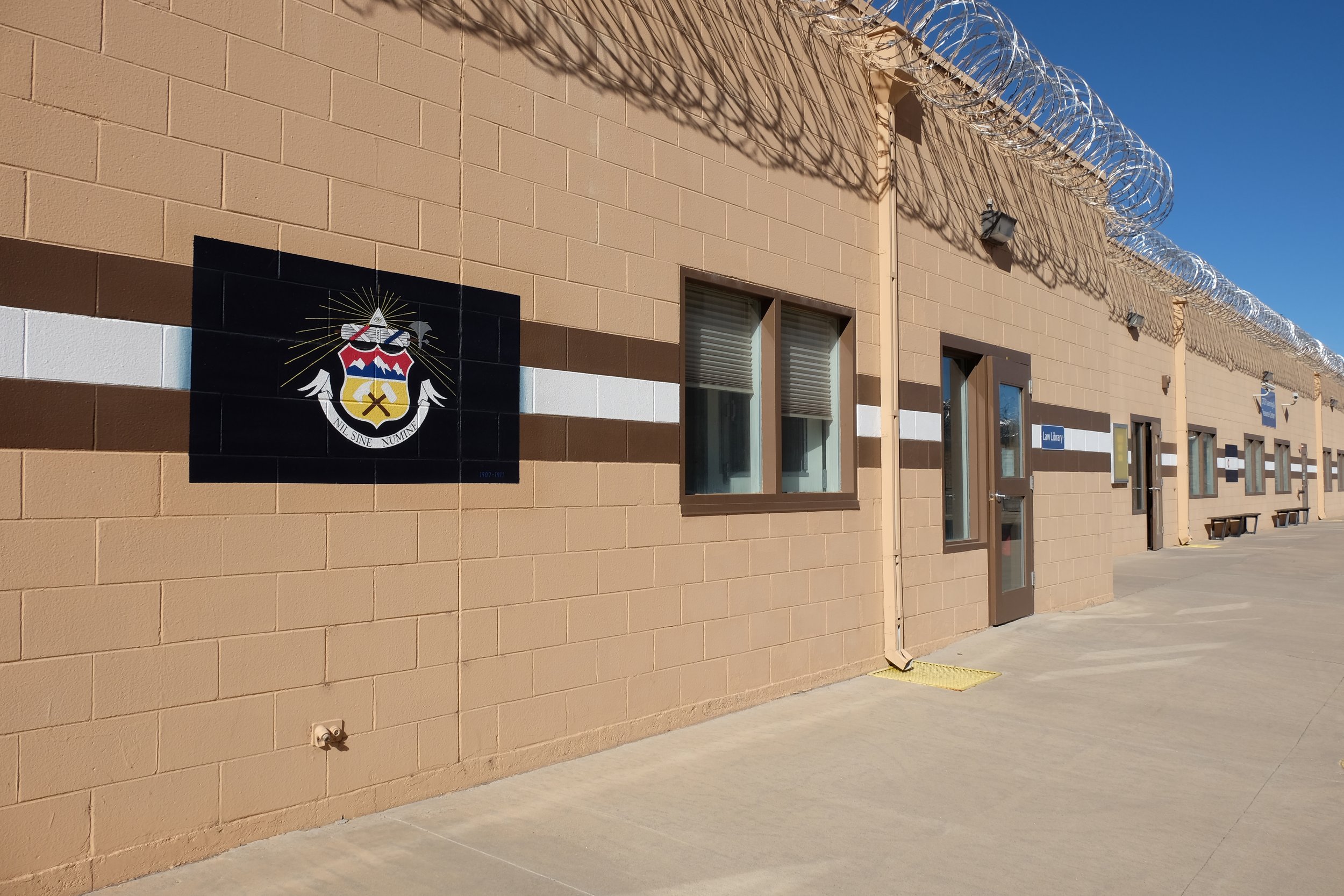
PRACTITIONER BLOG
Read our analyses of developments in Impact Litigation and stay current on class action law

Impact Fund joins NAACP LDF Amicus Brief defending standing in ADA discrimination case
The brief calls out Acheson’s attempts to argue the merits of Ms. Laufer’s case as a distraction to the straightforward standing inquiry at hand. Standing is a threshold issue that requires plaintiff’s allegations be taken as true. This low bar is cleared by the mere allegation of a concrete injury. Arguments about the merit of Ms. Laufer’s case including whether she experienced the “right type of discrimination” that warrants ADA protection and the degree of emotional harm she suffered are inappropriate to the threshold matter of standing and subject to review in future motions. In summary, Ms. Laufer alleges that she personally experienced discrimination, a harm in itself sufficient for standing, so Ms. Laufer has standing.

Settlements bring key technology, other accommodations for Deaf, hard of hearing, and blind incarcerated people in Colorado
When Brian Mackes wants to submit a grievance challenging prison conditions, contact the infirmary with his medical concerns, or write a letter to his lawyer, he has to dictate his words to a fellow prisoner* who writes them down and – he hopes – writes them legibly, spells them correctly, and keeps them in confidence. Zach Radford did not understand the teachers in his required therapeutic class and was eventually removed from the class for nonparticipation; he remained on the waiting list for other required classes while others were admitted. Mr. Mackes is blind; Mr. Radford is Deaf;** both are prisoners in the custody of the Colorado Department of Corrections (CDOC).

Our Bosses Are Spying On Us: Here’s How We Can Fight Back Against Bossware
Workers’ advocates should ensure that workers understand their rights under applicable laws and encourage them to document and report uses of bossware that threaten their health and safety. Advocates should also share information with each other about harmful employer practices and technologies so that they are better-positioned both to protect workers and push for systemic policy changes. Employers will not slow their adoption of bossware systems, nor lessen other exploitative practices. Advocates must remain vigilant to ensure that bossware’s spread does not further erode workers’ rights to just labor conditions, continued well-being, and inherent dignity.

Appeals Court: D.C. Must Better Integrate People with Disabilities into their Community, Upholds Class Action Remedy
Last month, the Court of Appeals for the D.C. Circuit decided Brown v. District of Columbia, 928 F.3d 1070 (D.C. Cir. 2019), in favor of a class of about 1,000 residents of D.C.-supported nursing facilities who are seeking transfers to community-based care. The class alleged that the District failed to transition them out of the public institutions in violation of the Americans with Disabilities Act (ADA) and the Rehabilitation Act, which prohibits discrimination against persons with disabilities by programs receiving federal assistance (here, Medicaid, which helps fund the nursing facilities).
Defending the use of Class Actions for Enforcement of Civil Rights Laws
It's a fact of life that long-awaited vacations can sometimes be spoiled by an ill-timed rain storm, lost luggage, or a bad reaction to that local street food. But discrimination?
Plaintiffs Ann Cupolo-Freeman, Ruthee Goldkorn, and Julie Reiskin use wheelchairs for mobility and were denied equal access to hotel transportation services at hotels owned by Defendant Hospitality Properties Trust (“HPT”).
